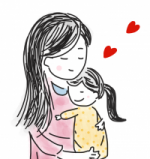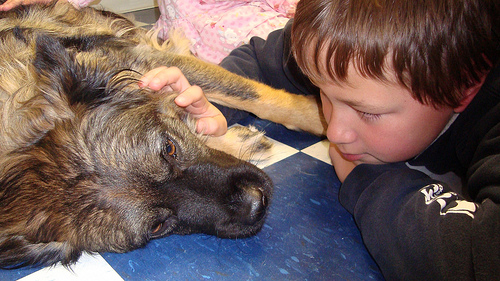While the onset of the ‘tween and teen’ age phase in any child’s life is usually subject to momentary blues, certain tell-tale signs that are similar to that of any occasional sadness or frustration could indirectly pinpoint to a more severe condition – teenage depression.
What with so many conflicts in terms of mood and personality, how is the average Mom or Dad to distinguish between the routine tantrums and any lethal implications of depression? Elaborated herewith is a short guide on how to determine so and tackle this situation; feel free to read on and know more!
First things first, what are some of the symptoms that can characterize depression in a teenager?
Although all teenagers suffer mood swings at some point of time or the other, mentally robust boys and girls are nonetheless able to pull through normal daily activities such as school and outings with friends fairly smoothly. In the case scenario of their depressed counterparts however, a keener observation is bound to reveal utter stagnation in terms of living and thriving, out of which include Bateaux gonflables:
- Frequent outbursts of crying
- A lesser amount of communication with others – always spending time alone
- Restless nights
- An unbalanced appetite
- Suicidal thoughts/feelings, majorly expressed by means of journal entries, poetry or drawings
- An extremely volatile behavior
- Dependency on a particular object or activity (this could be anything from pornography to drugs)
- A lack of interest in appropriate aspects of life such as lessons or family
- Health-related complications such as aches and pains (in some cases, even beyond-average low blood pressure readings have been reported).
If you’ve sensed one or more of the above symptoms prevailing in your child, what are the necessary remedial actions that could be taken?
While the solutions are available, a holistic approach to sustainable recovery requires a substantial amount of effort and patience on your behalf as a parent. Therefore, keeping yourself calm and composed regardless of how traumatizing any situation relating to your son/daughter’s depression may be is key to achieving a desired state of mind for him/her.
On a fundamental level, here are some suggestions that may prove to be effective for the betterment of your teenage child:
(i) A one-on-one conversation with your teen: It’s most prudent to sit your child down and lovingly ask him/her as to what seems to be constantly bothering him/her and contributing to sadness. Offer to help without being judgemental. The last thing that your child will ever want to hear is nagging or unsolicited advice.
(ii) The help of a doctor: Consulting a family physician for the mental wellbeing of your child is absolutely ideal. Better yet, if you even have a family psychiatrist or counsellor at your call, resorting to get treatment henceforth is a valid option too.
(iii) The power of diversion: No matter what the woe, encouraging your child to participate in a leisure-oriented activity – be it dancing or Yoga is wonderful to help shift any negative focus far away from anything that would be troubling him/her inside.
About the Author
Jane Taylor is professional blogger who is interested in publishing dating tips and relationship advice. These days she is writing articles about introduction agencies London.
Image credit: martinak15

 Guest post by Jane Taylor
Guest post by Jane Taylor
